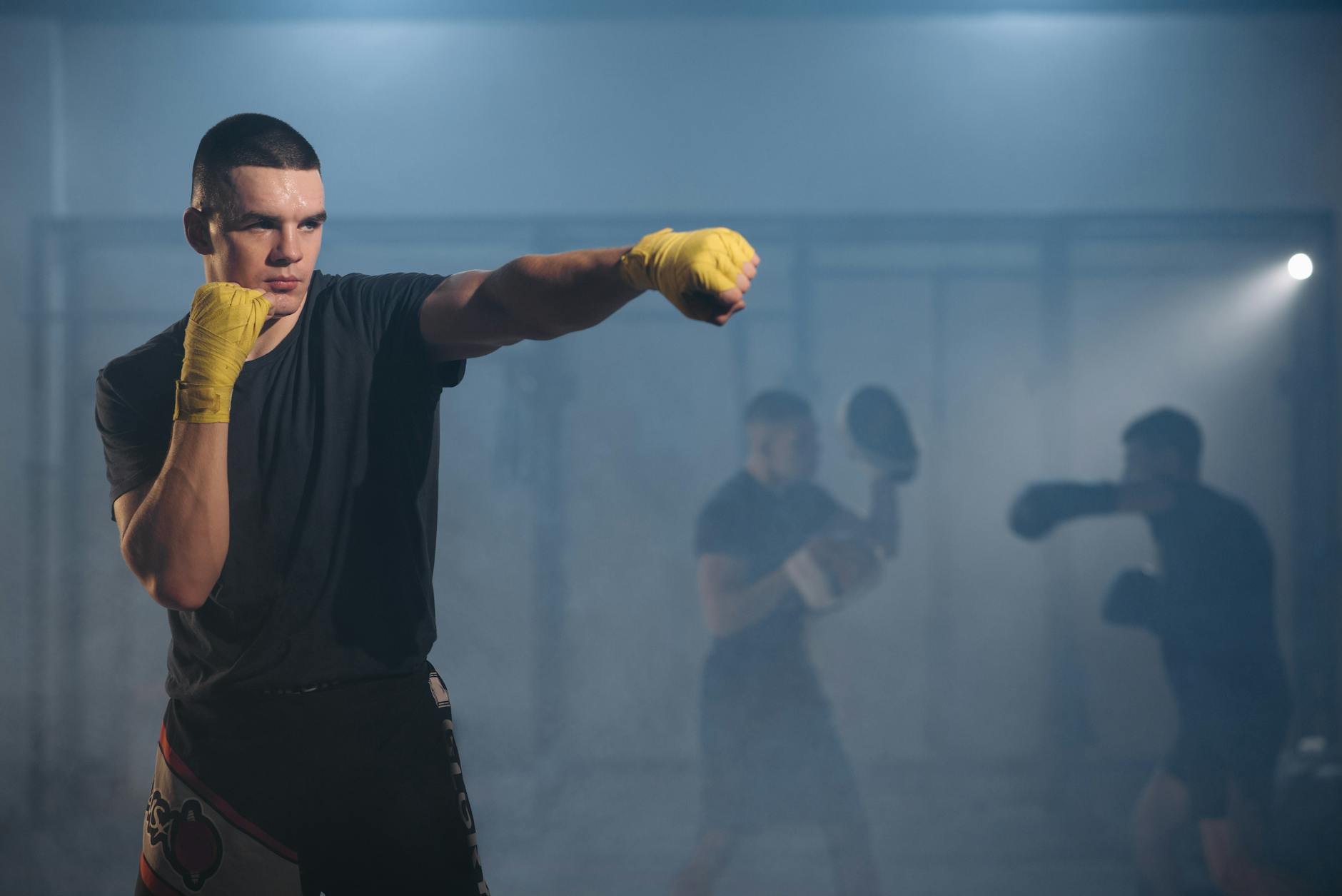
Unlocking Mental Toughness in Competitive Sports
Competitive sports demand not only physical prowess but also mental toughness. Athletes often face a myriad of challenges, both internal and external, that can make or break their performance. Developing mental toughness is a crucial aspect of achieving success in the competitive sporting arena. In this article, we will delve into strategies and techniques that can help athletes master mental toughness easily and enhance their competitive edge.
Understanding the Importance of Mental Toughness
Mental toughness is the ability to consistently perform at peak levels under pressure, adversity, and challenges. It involves resilience, focus, determination, and the capacity to bounce back from setbacks. In the world of competitive sports, where the margins of victory are often razor-thin, mental toughness can be the differentiating factor between success and failure.
Building Resilience through Mindset Training
One key aspect of mastering mental toughness is cultivating a resilient mindset. Athletes can benefit from mindset training techniques such as visualization, positive self-talk, and goal-setting. Visualization involves mentally rehearsing successful performances, which can boost confidence and alleviate performance anxiety. Positive self-talk helps athletes challenge negative thoughts and beliefs, fostering a more optimistic outlook. Goal-setting provides athletes with direction and motivation, enabling them to focus on incremental progress towards their objectives.
Staying Present: The Power of Mindfulness
In the heat of competition, athletes often grapple with distractions and external pressures that can impede their performance. Mindfulness practices can help athletes stay present and focused in the moment. By cultivating awareness of their thoughts, emotions, and sensations, athletes can better manage stress and anxiety. Mindfulness techniques such as deep breathing, body scans, and progressive muscle relaxation can be valuable tools for enhancing mental clarity and composure during high-pressure situations.
Embracing Adversity as Growth Opportunities
Adversity is an inherent part of the competitive sports landscape. Instead of viewing setbacks as failures, athletes can reframe them as valuable learning experiences. Embracing adversity can foster resilience, adaptability, and a growth mindset. By acknowledging challenges as opportunities for personal and athletic growth, athletes can develop a more robust sense of mental toughness and resilience in the face of adversity.
Seeking Support and Guidance
Athletes do not have to navigate the path to mental toughness alone. Seeking support from coaches, sports psychologists, and peers can provide valuable insights and perspectives. Coaches can offer guidance on mental skills training, goal-setting, and performance evaluation. Sports psychologists can assist athletes in developing coping strategies, managing stress, and enhancing motivation. Peer support and camaraderie can create a supportive environment where athletes can learn from each other’s experiences and share strategies for building mental toughness.
In Conclusion
Mastering mental toughness in competitive sports is a journey that requires dedication, practice, and a willingness to embrace challenges. By cultivating a resilient mindset, staying present through mindfulness practices, embracing adversity as growth opportunities, and seeking support and guidance, athletes can enhance their mental fortitude and elevate their performance to new heights. With the right strategies and techniques, athletes can unlock their full potential and achieve success in the competitive sporting arena.



